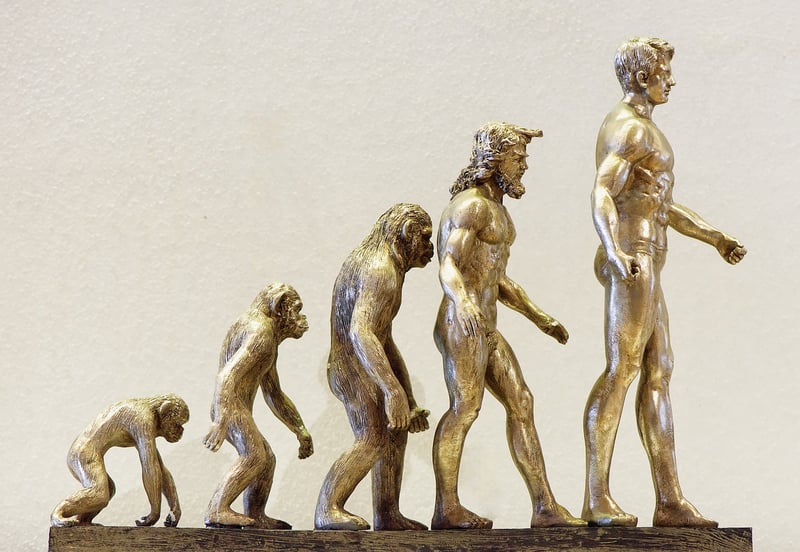Gossip Evolution
The Origins of Rumors and the Evolution of Gossip
Rumors and gossip have been a part of human communication since ancient times, shaping social interactions and influencing perceptions. Understanding the origins of rumors and how gossip has evolved can provide insights into their significance in society.
Ancient Beginnings
Human beings have always been social creatures, relying on communication to navigate their surroundings. In ancient civilizations, rumors served as a form of early warning system, alerting communities to potential threats or opportunities. Gossip, on the other hand, helped establish social hierarchies and strengthen group cohesion.
The Evolution of Gossip
As societies progressed, so did the nature of gossip. With the advent of written communication, gossip transformed into a tool for spreading information across vast distances. The rise of newspapers and later, the internet, further accelerated the spread of rumors, reaching a global audience in a matter of seconds.
Psychological Impact
Research has shown that gossip serves several psychological functions, including forming social bonds, enforcing norms, and even providing entertainment. While negative gossip can have harmful effects on individuals, positive gossip can enhance reputations and foster cooperation.
Modern-Day Significance
In today's digital age, rumors and gossip have found a new platform on social media, where information can spread rapidly and sometimes uncontrollably. Understanding the dynamics of online gossip is crucial in managing reputations and combating misinformation.
Conclusion
Rumors and gossip have a long history in human society, playing essential roles in communication, social dynamics, and even entertainment. By exploring their origins and evolution, we can gain a deeper appreciation for the power of words and the impact they have on our lives.


